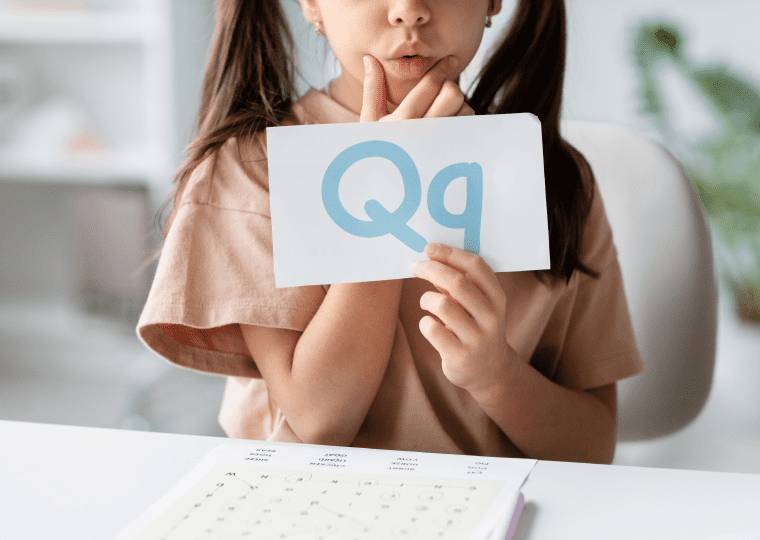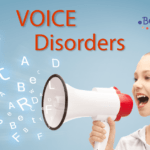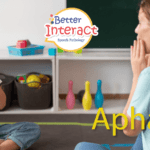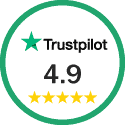
What is Speech Language and Development
If your child does not produce his meaningful words at the age of 1, if he does not have a semi-understandable speech including two words by the age of 2, 3 to 4 and more words at the age of 3, his language skills might be delayed.
The child is expected to try to communicate in various ways, understands the directions coming from the environment, and can sometimes express himself, albeit in a word. The comprehension of the language is usually better developed than language expression skills.
Some Symptoms that Indicate Disruptions in Speech and Language Development
- Difficulty in controlling sucking, swallowing, chewing, and drooling skills when the child is a newborn or toddler
- Nasal speech (the air comes from the nose when talking)
- Limited vocabulary
- Expressing their wishes in inappropriate ways such as hitting, crying, shouting
- Not being understood by unfamiliar people when talking
- Difficulty in expressing their thoughts and wishes
- Communicating primarily with gestures and signs, but not real words
- Making incomprehensible sounds
- Reluctance to communicate
- Prefers to be alone and difficulties with other interactive and social skills
- Being reluctant and unaware of the surrounding events
- Unresponsiveness to the surrounding sounds and conversations
Delayed language doesn’t just develop due to a cognitive or physical problem. Even without a specific reason, language delay can be seen in the child.
Nowadays, often the lack of stimuli causes a delay in children’s speech and language skills. With the assessments and the guidance & intervention made by the speech pathologists, the causes of the problem, if any, are tried to be found.
Starting the intervention (therapy) as early as possible is very important for delayed speech and language. It is very important for the child to reach the same language level as his age peers as soon as possible in order to build his self-confidence, and learn to communicate.








